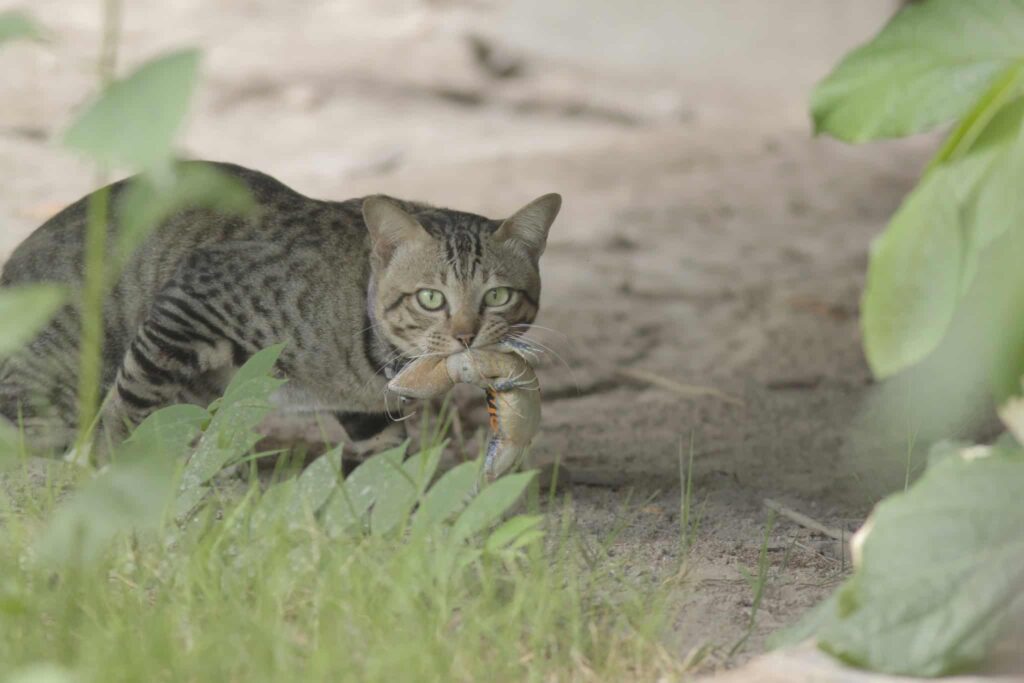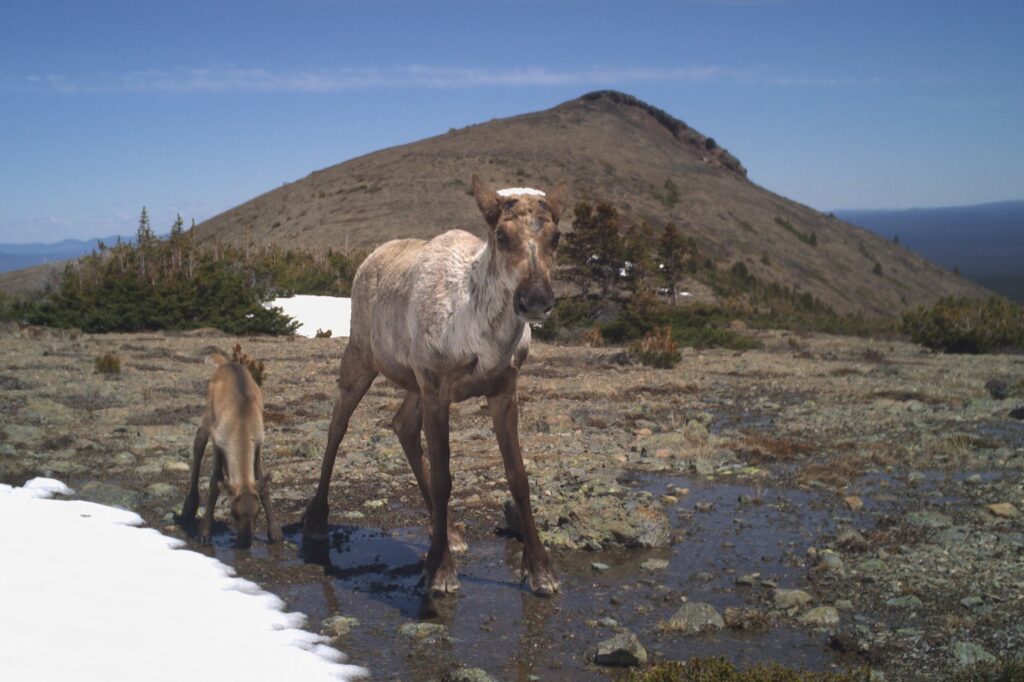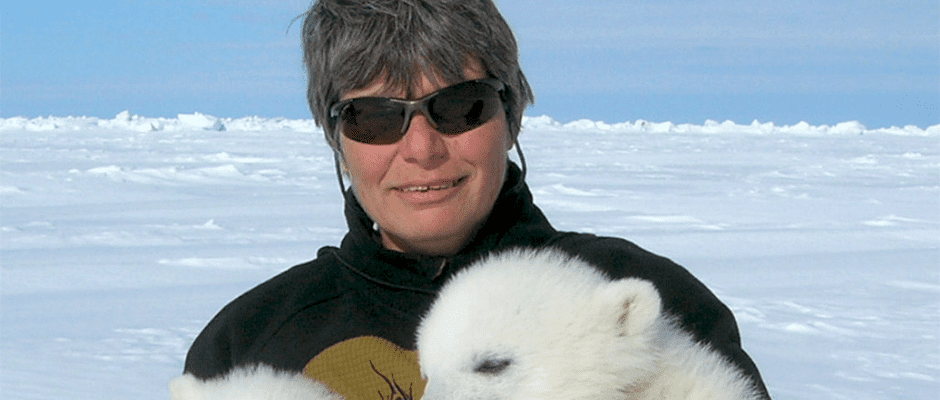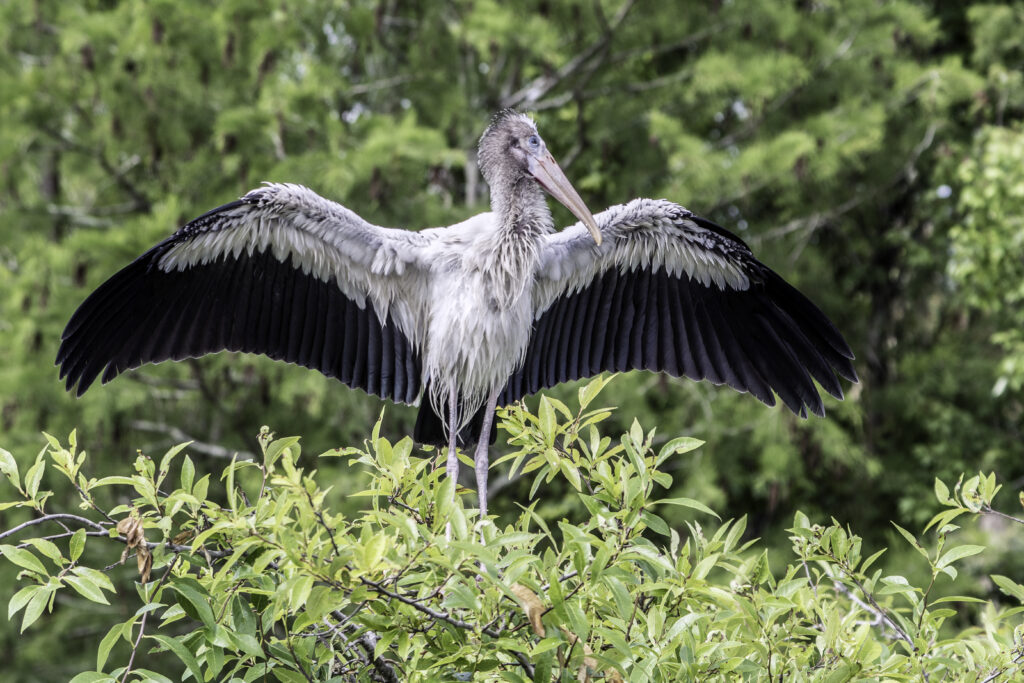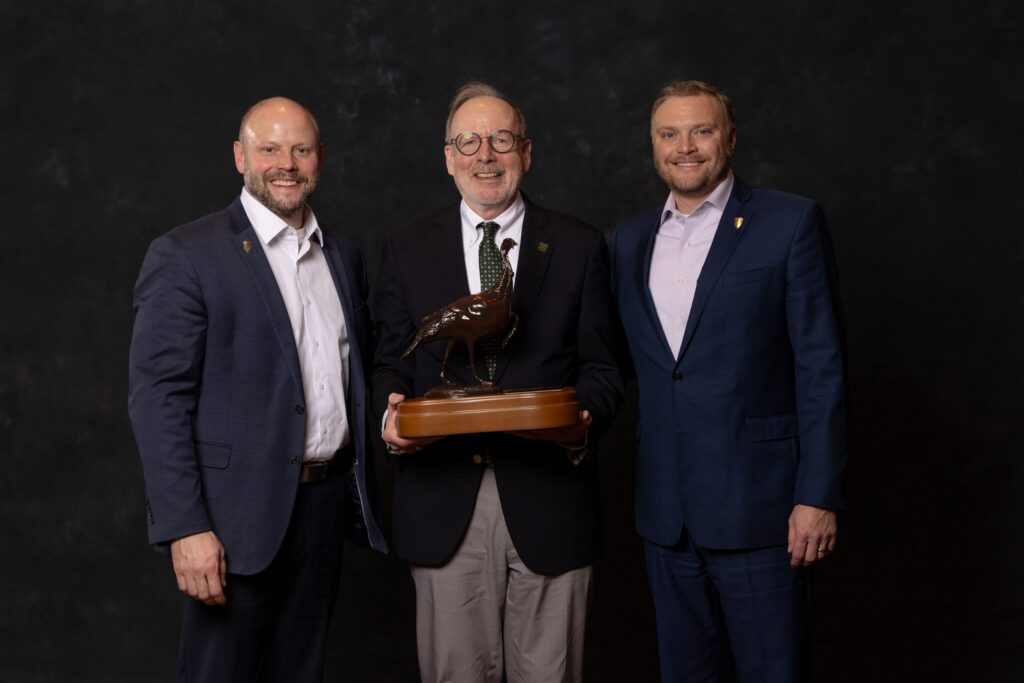Merav Ben-David, a professor of wildlife ecology and management at the University of Wyoming’s Department of Zoology and Physiology, has been named the new editor-in-chief of Wildlife Monographs.
“My interest in assuming this position is to maintain this unique outlet for extensive, broad studies and maintain the high quality,” Ben-David said.
Ben-David has been a member of the University of Wyoming’s faculty since 2000. As a wildlife ecologist, she conducts basic and applied research on a wide range carnivores from weasels to bears. Most of her publications have focused on the river otter (Lontra Canadensis), including a 2003 Wildlife Monographs on the species.
Originally from Israel, Ben-David came to the United States in 1990 to pursue a doctoral degree at the University of Alaska, Fairbanks. After graduating, she remained there as a research associate, investigating subjects such as the ecological impacts of the Exxon Valdez oil spill, until she moved to Wyoming.
In addition to teaching, Ben-David serves as the advisor to TWS’ University of Wyoming Student Chapter. In 2016, she was awarded the Excellence in Wildlife Education Award at the TWS Annual Conference in Raleigh, N.C.
Ben-David replaces Eric Hellgren, professor and chair of wildlife ecology and conservation at the University of Florida, Gainesville, who oversaw the publication of 25 monographs during his 10 years as editor-in-chief. During his tenure, the monographs covered a diverse range of species from spotted owls (Strix occidentalis) and sand hill cranes (Grus canadensis) to black bears (Ursus americanus) and mule deer (Odocoileus hemionus).
“It’s phenomenal seeing how these [the monographs] tell a story and provide important information for management and conservation,” Hellgren remarked.
Hellgren said his time as editor-in-chief raised his “appreciation for what people do in the wildlife profession and the dedication they have to understand what animals do and use that so we can manage, conserve and, in cases, recover them.”
He added that his greatest achievement as editor was helping maintain its high impact factor and reputation as TWS’ leading journal.
“I enjoyed my time, and I wish I had more time to work at it,” said Hellgren, who has been a TWS member since 1983. “I’m glad to turn it over to someone so people can get a fresh take from an editor on how to move things forward.”
Article by Julia John